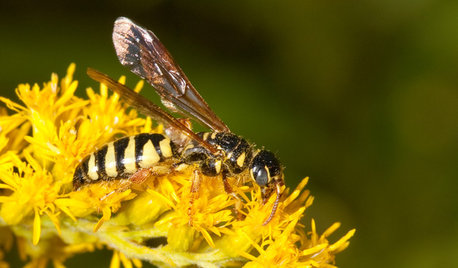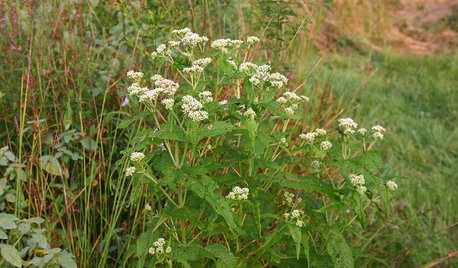Marigold myth: is this plant actually attracting bugs to garden?
meb504
13 years ago
Featured Answer
Comments (21)
digdirt2
13 years agotaz6122
13 years agoRelated Professionals
Addison Landscape Contractors · La Vista Landscape Contractors · Quincy Landscape Contractors · Wayland Landscape Contractors · Asheboro General Contractors · Enfield General Contractors · Forest Grove General Contractors · Leavenworth General Contractors · Pine Hills General Contractors · Rowland Heights General Contractors · Solon General Contractors · Palm River-Clair Mel General Contractors · Estero Decks, Patios & Outdoor Enclosures · Pittsburgh Decks, Patios & Outdoor Enclosures · St John's Kirk Decks, Patios & Outdoor Enclosuresbigdaddyj
13 years agonovice_2009
13 years agoaustinnhanasmom
13 years agoarcherb
13 years agosusan2010
13 years agoarcherb
13 years agolacysue2
13 years agobigdaddyj
13 years agoaustinnhanasmom
13 years agolacysue2
13 years agogansetter
13 years agobigdaddyj
13 years agodigdirt2
13 years agoaustinnhanasmom
13 years agosusan2010
13 years agoHeidi Palider
7 years agogorbelly
7 years agolast modified: 7 years agoCharity
last year
Related Stories

GARDENING GUIDESWe Bust 4 More Native Plant Myths
Have you been taken in by these fallacies about gardening with native plants?
Full Story
GARDENING GUIDESCommon Myths That May Be Hurting Your Garden
Discover the truth about fertilizer, soil, staking and more to keep your plants healthy and happy
Full Story
GARDENING GUIDESThese Hummingbird-Attracting Native Plants May Surprise You
These flowers, vines and shrubs offer shelter and food supplies that keep hummingbirds around longer
Full Story
GARDENING GUIDESAttract Thynnid Wasps With Summer-Flowering Native Plants
These beneficial insects will hunt damaging beetle grubs in your lawn
Full Story
GARDENING GUIDESGreat Design Plant: Common Boneset Helps Good Bugs Thrive
Support bees, moths and butterflies with the nectar of this low-maintenance, versatile and tactile prairie-style plant
Full Story
GARDENING GUIDESGarden Myths to Debunk as You Dig This Fall and Rest Over Winter
Termites hate wood mulch, don’t amend soil for trees, avoid gravel in planters — and more nuggets of garden wisdom
Full Story
GARDENING AND LANDSCAPINGBid Bad Garden Bugs Goodbye and Usher In the Good
Give ants their marching orders and send mosquitoes moseying, while creating a garden that draws pollinators and helpful eaters
Full Story
BENEFICIAL INSECTSAttract Pollinators for a Productive Edible Garden
You can lure bees, butterflies and birds into your yard with the right flowers and nesting spots
Full Story
GARDENING AND LANDSCAPINGPorch Life: Banish the Bugs
Don't let insects be the bane of your sweet tea and swing time. These screening and product ideas will help keep bugs at bay on the porch
Full Story
GREEN BUILDING6 Green-Roof Myths, Busted
Leaky, costly, a pain to maintain ... nope, nope and nope. Get the truth about living roofs and see examples from simple to elaborate
Full Story






reaverg